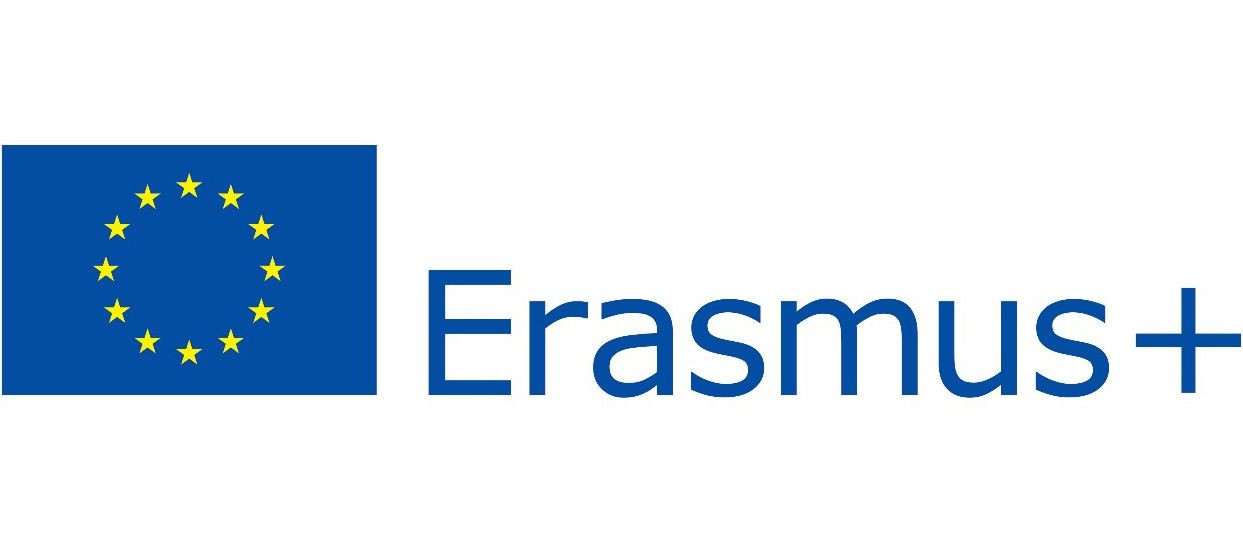Sustainable initiatives for the Alps
Start: - End:
Project Reference: 2019-1-SI01-KA229-72E5436B
EU Grant: EUR
Programme: Erasmus+
Key Action: Cooperation for innovation and the exchange of good practices
Action Type: School Exchange Partnerships
The project Suitable aims to gather initiatives for sustainable development in alpine region, especially in national parks. The impacts of human beings considering climate change, agriculture, tourism and biodiversity in 3 countries (Germany, Slovenia and France) are analyzed and compared by students.
The preservation of nature is a pressing concern for the individual, for society and the economy. Young people should experience international cooperation and gain knowledge of common cultural heritage in order to work together in finding solutions for similar problems. The project aims to gather initiatives for sustainable development in the alpine region, especially in national parks. The impacts of human beings considering climate change, agriculture, tourism, biodiversity and nature conservation in 3 countries (Germany, Slovenia and France) are analyzed and compared in mutual exchange.
The participating students should become aware that the challenges in their homeland are similar to those in other countries and can only be mastered in cooperation. In doing so, young people perceive themselves as Europeans who actively use foreign languages to exchange information and, in addition, perceive their cultural particularities. An important goal is to understand the protected areas of the Alps as a valuable component of a common cultural space, which has similar natural spatial conditions across national borders. Young people should experience international cooperation and gain knowledge of common cultural heritage in order to work together in finding solutions for similar problems. We believe that seeing other places in Europe and meeting foreign pupils personally is necessary to create a sense of common European identity. Facilitating students’ mobilities in order to experience common cultural heritage in other European countries is a key factor of this project. The young people should therefore understand themselves as part of a larger whole. 48 students (16-19 years old) and 6 teachers from three countries (Germany, Slovenia and France) think about sustainable development initiatives which can help to improve the current situation in the Alps.
Students living close to national parks in France, Slovenia and Germany are to develop solutions for problems caused by human beings in protected areas. A team of teachers from all 3 countries will follow the project, organise the meetings, prepare pedagogical material, share with other teachers, take contact with partners such as the national parks, NGOs and companies linked to the project topics. They will meet on GoToMeeting to discuss about the progress, outcomes and possible problems. After a thorough research in the protected area nearby (Berchtesgaden, Triglav and Vanoise national parks) pupils exchange information with their partners. In a participative approach they meet online via eTwinning and in person in order to decide themselves which specific topics they want to work on and which problematics they want to tackle, in the field of agriculture, tourism, nature conservation, biodiversity and climate change. These problematics will be analyzed in the classroom. The focus lies on problem-based learning with a participative approach, so that students actively construct their learning progress. Regarding the topics, some field trips outdoor will support experiential learning where different senses will be addressed when learning. An interdisciplinary approach will be used, including experts and stakeholders. As a result, students will provide material for peer-to-peer learning in form of an e-book including problematics, gathered theoretical knowledge, examples of best-practices and some possible solutions (on eTwinning and/or Moodle-like platform). All material will be collected in or translated into English by the students themselves. Reflecting problems and selecting information will help to find out key elements of the common European heritage and see similarities and differences.
By supporting international cooperation, the project aims at the development of four basic skills: language skills, intercultural learning, knowledge acquisition in specific fields and problem-solving competence. With their work, students experience the alpine region as one of a wide and important scale for themselves and for society as a whole. Moreover, finding solutions to problems that really exist strengthens the students’ will to protect nature. As climate change and sustainable development are topics expected to be relevant for several years to come, other teachers will be thankful to have access to the findings which they can take as a basis for their own projects. In general, the project is a contribution to a common European community that will need many people who are convinced by the idea of sustainable development.
Everybody who has already had positive experiences in this area and who has come to know self-efficacy will show a higher tendency towards commitment in this sector. To see that small steps matter when tackling problems that are often presented as unsolvable might guide some young people to think about creative solutions for a better future.
